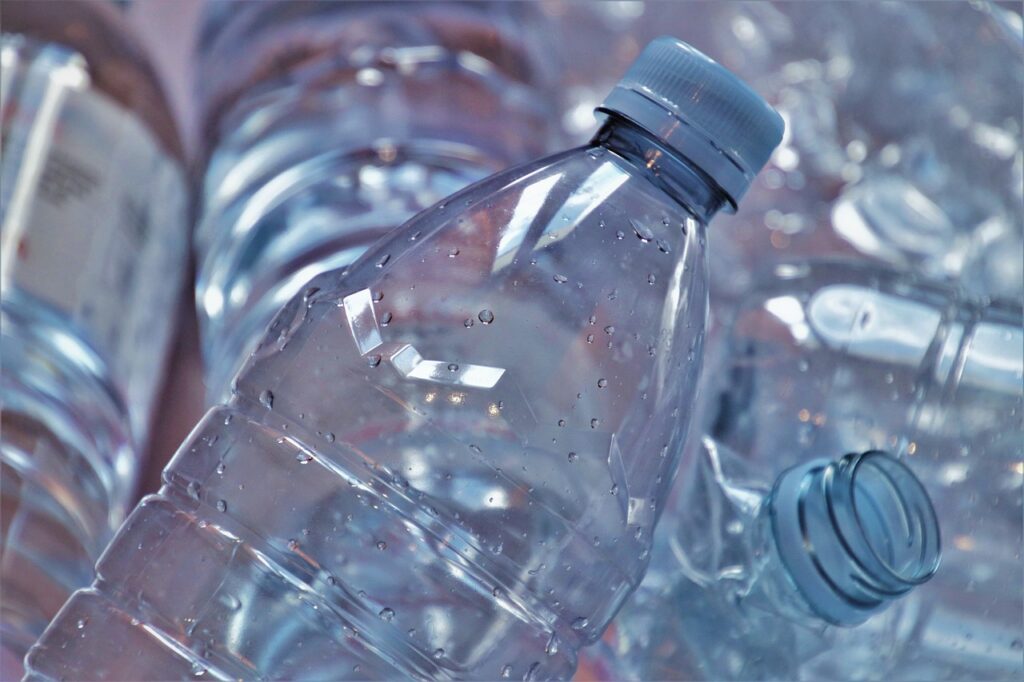In an era of increasing environmental awareness and finite resources, recycling has moved from a fringe activity to a cornerstone of sustainable living in the UK. It represents a fundamental shift from a linear “take-make-dispose” model to a more circular economy, where materials are kept in use for as long as possible, reducing waste, conserving natural resources, and minimising our environmental footprint. From household waste to industrial byproducts, a robust recycling system is crucial for a greener and more resilient future for the United Kingdom.

The Multifaceted Benefits of Recycling
The advantages of widespread recycling are numerous and far-reaching. Firstly, it significantly reduces the amount of waste sent to landfill. Landfills not only take up valuable land but also contribute to environmental pollution through the release of methane, a potent greenhouse gas, and the leaching of harmful substances into the soil and groundwater. By diverting waste for recycling, we alleviate pressure on these already strained systems and mitigate their negative environmental impacts.
Secondly, recycling conserves precious natural resources. Manufacturing new products from virgin materials requires significant energy expenditure and the extraction of raw materials like timber, metals, and fossil fuels. Recycling reduces this demand, saving energy, lowering carbon emissions associated with extraction and processing, and preserving finite resources for future generations. For instance, recycling aluminium requires approximately 95% less energy than producing it from raw bauxite ore.
Economically, a thriving recycling industry creates jobs in collection, sorting, processing, and manufacturing. It also fosters innovation in material science and the development of new products made from recycled content. Furthermore, businesses that embrace recycled materials can often benefit from reduced raw material costs and enhanced brand image among environmentally conscious consumers.
Household Recycling: A Collective Responsibility
The success of the UK’s efforts relies heavily on the active participation of households. Clear and consistent kerbside collection schemes, coupled with public awareness campaigns, are essential for maximising the quantity and quality of recyclable materials. This includes separating waste into designated bins for paper, card, plastics, glass, and metals. While progress has been made, contamination of recycling streams remains a challenge, highlighting the ongoing need for clear guidance and public engagement to ensure that recyclable materials are processed effectively.
Local authorities across the UK play a vital role in managing household waste and implementing recycle programs. They are responsible for collection infrastructure, sorting facilities, and often work in partnership with private recycling companies. Harmonising recycling regulations and infrastructure across different regions within the UK could further enhance efficiency and simplify the process for residents.
Industrial and Commercial Recycling: Closing the Loop
Beyond household waste, significant opportunities exist for recycling within industrial and commercial sectors. Businesses can implement waste reduction strategies, segregate recyclable materials generated during production processes, and explore closed-loop systems where waste from one process becomes a valuable input for another. Initiatives like producer responsibility schemes, where manufacturers are accountable for the end-of-life management of their products, can further incentivise sustainable design and increased recyclability.
Construction and demolition waste, often a significant contributor to landfill, also presents considerable recycling potential. Materials like concrete, bricks, metals, and timber can be recovered, processed, and reused in new construction projects, reducing the demand for virgin aggregates and minimising waste.
The Role of Car Breakers in Recycling Vehicle Parts
A crucial, and often overlooked, sector within the UK’s recycling landscape is the role of car breakers, also known as vehicle dismantlers or scrap yards. When a vehicle reaches the end of its usable life, car breakers play a vital part in its responsible disposal and the recovery of valuable components and materials.
Modern car breaking operations go far beyond simply crushing old vehicles. They involve a meticulous process of depollution, where hazardous fluids like oil, antifreeze, and brake fluid are safely removed and disposed of or recycled. Following depollution, reusable parts such as engines, gearboxes, lights, body panels, and interior components are carefully inspected, tested, and catalogued for resale. This not only provides affordable alternatives for vehicle repairs but also significantly reduces the need to manufacture new parts, saving energy and resources.
The remaining vehicle shell is then typically shredded, and the various materials, primarily metals like steel and aluminium, are separated and sent for further processing and recycling. Car breakers are therefore instrumental in recovering a significant percentage of the materials used in vehicle manufacturing, contributing substantially to the overall recycling rates for metals in the UK. They provide a vital link in the circular economy for the automotive industry, diverting a complex and potentially polluting waste stream from landfill and recovering valuable resources.
The Future of Recycling in the UK
The UK is continually striving to improve its recycle rates and move towards a more truly circular economy. This involves ongoing investment in infrastructure, technological advancements in sorting and processing, and the development of innovative solutions for recycling challenging materials. Public education and clear policy frameworks will remain crucial in fostering a culture of responsible consumption and waste management. By embracing the principles of reduce, reuse, and recycle, and by recognising the vital contributions of sectors like car breakers, the UK can continue to build a more sustainable and resource-efficient future for generations to come.
Leave a Reply